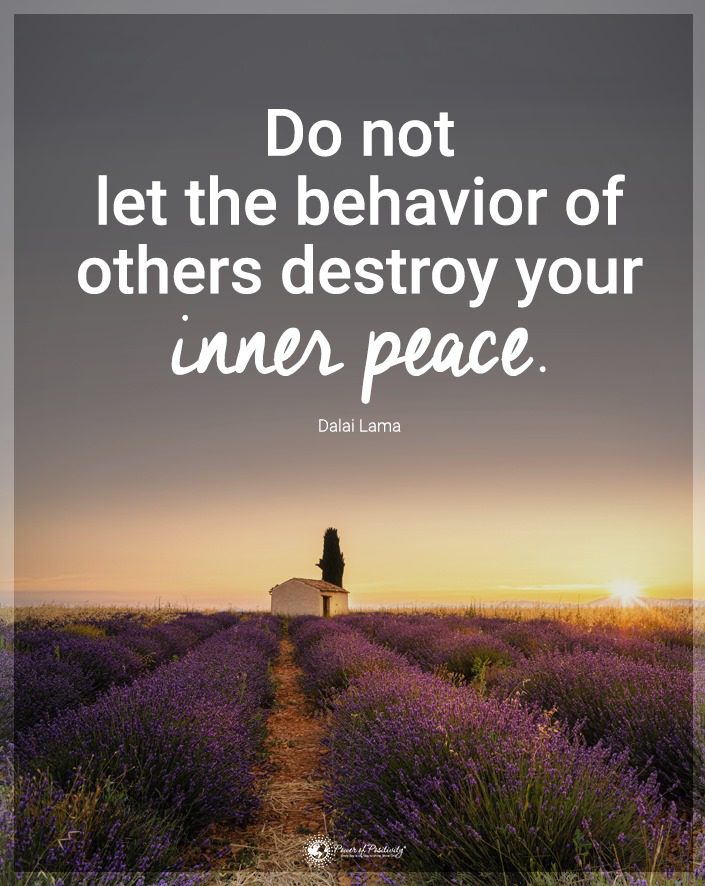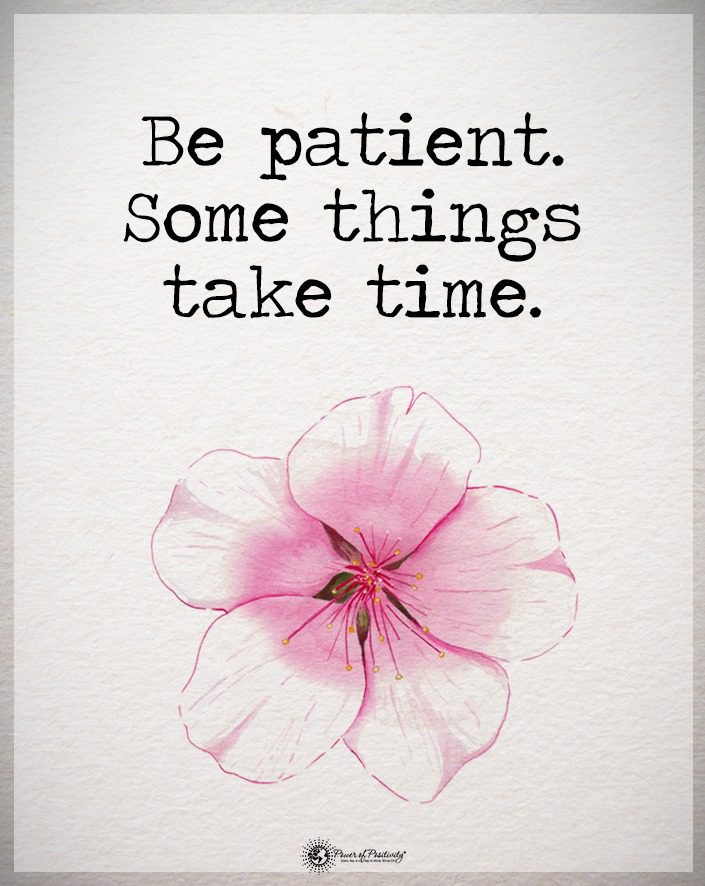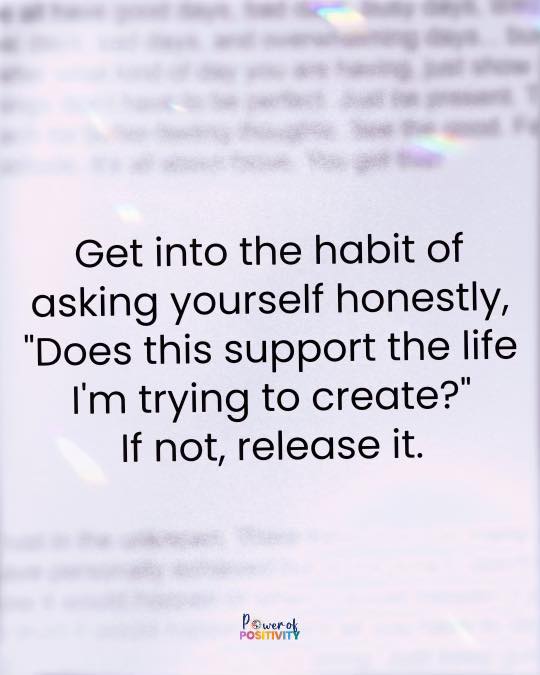Here’s why unconditional love always wins.
Love is often thought of as the glue that holds relationships together. Yet, when love comes with strings attached, it can do more harm than good. Conditional love, where affection and attention depend on fulfilling certain expectations, can lead to the gradual breakdown of a relationship. Understanding how conditional love operates is crucial, as it helps you realize how the behaviors of your partner are not good for you – or your relationship.
Recognizing the Signs of Conditional Love
Imagine a relationship where love is given, not freely, but conditionally. In this scenario, a partner might only show affection or support when their specific expectations are met.
This situation can lead to a significant and detrimental impact on your psyche. Striving constantly to meet these conditions can be exhausting, diminishing your self-esteem and happiness.
Here are the key signs of a relationship based on conditional love:
- Affection depends on specific behaviors or achievements.
- Emotional or physical withdrawal when expectations are not met.
- Frequent disappointment or disapproval expressed over unmet conditions.
- Love and support are used as rewards, withheld as punishment.
- Relationship dynamics focused more on performance than genuine connection.
- Constantly changing standards and expectations.
- Lack of acceptance for the authentic self; pressure to conform.
- Emotional manipulation to enforce specific behaviors or decisions.
- Feelings of insecurity and inadequacy in meeting partner’s demands.
- Communication revolves around conditions, not mutual understanding or empathy.
Such relationships can lead to increased stress and a decrease in psychological well-being. In contrast, unconditional love is associated with better emotional support and overall mental health.
The Impact of Conditional Love on Relationships
1 – Erodes Trust
Trust is the bedrock of any relationship. Conditional love erodes this trust, making you wonder if affection is only a reward rather than a genuine expression. When love feels like it’s given only when certain conditions are met, it creates a sense of uncertainty and unpredictability about your partner’s feelings and intentions. This lack of trust can seep into other areas of the relationship. It can lead to doubt and suspicion over even the smallest issues.
2 – Creates Insecurity
Living up to ever-changing standards can leave you insecure and unworthy, impacting your self-esteem and overall happiness. This continuous struggle to meet your partner’s expectations can make you question your value and worth in the relationship. As a result, you may feel less confident in your decisions and more reliant on your partner’s approval for validation.
3 – Creates Toxic Relationships and Dependency
This type of love often leads to a toxic dependency, where you might feel you can’t be happy or fulfilled without meeting your partner’s conditions.
It can also create a dynamic where your emotional well-being is heavily tied to your partner’s approval and mood. This dependency stifles your ability to be self-reliant. As a result, it can make you feel trapped in a cycle of seeking validation.
4 – Encourages Dishonesty
You might hide your true feelings or opinions to avoid conflict or disapproval, leading to a relationship built on falsehoods. This dishonesty can divide you and your partner, as you no longer share your authentic self. It can also lead to a buildup of unresolved issues, as problems are not addressed openly and honestly.
5 – Leads to Emotional Exhaustion
The constant effort to meet conditions can be mentally and emotionally draining, leaving little energy for other aspects of life. This exhaustion can diminish your ability to engage in activities you enjoy or to maintain other relationships. It can also lead to burnout, where you feel overwhelmed and unable to cope with the demands of the relationship.
6 – Stifles Personal Growth
Conditional love can hinder personal development, as efforts are focused on pleasing the partner rather than self-improvement. That can prevent you from chasing your goals and interests, as the relationship consumes your energy. Over time, this can lead to a loss of individual identity and stagnation.
7 – Creates Resentment
Over time, resentment can build as you feel taken for granted or undervalued in the relationship. This resentment often stems from a feeling of imbalance, where your efforts and sacrifices are not reciprocated or acknowledged. It can lead to envy and anger. further damaging the relationship if not addressed.
8 – Limits Your Freedom
The conditions set in the relationship can feel like shackles, limiting your freedom to be yourself. That can manifest in small ways, like changing your behavior or interests to please your partner, and in more significant ways, like altering your life choices or goals. Over time, this loss of freedom can lead to a sense of lost identity and unhappiness.
9 – Breeds Anxiety
The uncertainty of whether you’ll meet your partner’s expectations can lead to constant anxiety and stress. This anxiety can be debilitating, affecting both your relationship and your mental and physical health. It can lead to issues like insomnia, depression, and a constant feeling of being on edge.
10 – Undermines Communication
Honest and open communication is often sacrificed to avoid displeasing the partner. This lack of communication leaves you ripe for misunderstandings and unresolved conflicts, as issues are not openly discussed and resolved. It creates a barrier to intimacy, as you cannot share your thoughts and feelings.

11 – Promotes Unhealthy Competition
The relationship may become a battleground where partners try to outdo the other in meeting or setting conditions. This competition can create a hostile environment where the focus is on winning rather than understanding and supporting each other. It undermines the collaborative nature of a healthy relationship.
12 – Hampers Intimacy
Genuine intimacy is replaced with a transactional interaction, where emotional connection takes a backseat. That can lead to a superficial relationship where deep, meaningful connections are rare. Intimacy is more than just physical closeness. Rather, it means an emotional vulnerability and connection, which is difficult to achieve in a conditional love scenario.
13 – Encourages Manipulation
Conditional love can lead to manipulative behaviors as each partner tries to control the other. This manipulation can take many forms, from emotional blackmail to subtle coercion. It undermines the equality and respect essential for a healthy relationship, leading to a dynamic where one partner constantly tries to gain the upper hand.
14 – Decreases Empathy
Focusing on conditions over feelings can diminish empathy, an essential ingredient for a healthy relationship. When you’re constantly trying to meet conditions, it becomes harder to empathize with your partner’s feelings and perspectives. This lack of empathy can cause a disconnect, where each partner feels misunderstood and unvalued.
15 – Generates Constant Disappointment
The unachievable nature of some conditions leads to a cycle of disappointment and dissatisfaction. When expectations are unrealistic or constantly shifting, it’s impossible to feel fulfilled or successful in the relationship. This continual disappointment can erode the joy and happiness that the relationship once brought.
16 – Creates Power Imbalance
One partner often holds more power, using their love as a tool for control. This imbalance can create a dynamic where one partner feels superior, making decisions and setting rules, while the other feels inferior and powerless. It’s a breeding ground for resentment and discontent.
17 – Leads to Emotional Isolation
You may feel emotionally isolated and unable to share your true self for fear of losing love. This isolation can be deeply lonely, as you feel disconnected from your partner and yourself. It can also prevent you from forming meaningful connections with others as you become more withdrawn and guarded.
18 – Fuels Jealousy and Insecurity
The conditional nature can lead to jealousy and insecurity, especially if conditions involve other people. It can manifest in possessiveness, constant questioning, and mistrust. These feelings of insecurity and jealousy can be destructive, leading to arguments and further eroding trust in the relationship.
19 – Deteriorates Mutual Respect Between Partners
Respect is often lost when love is given conditionally, as the relationship is not seen as a partnership of equals. This lack of respect can manifest in dismissive behavior, belittling comments, and a general lack of consideration for your partner’s feelings and needs. It’s hard to maintain a healthy relationship when mutual respect is lacking.
20 – Destroys the Foundation of Love
Ultimately, conditional love undermines the very essence of what love is supposed to be: accepting, understanding, and unconditional. When love is based on conditions, it loses its ability to be nurturing and supportive. Instead of being a source of strength and comfort, it becomes a source of stress and unhappiness.
Healing Your Relationship
To restore and heal a relationship affected by conditional love, it’s essential to take deliberate and compassionate steps:
- Open Communication: Establish an environment where both partners can freely reveal their honest feelings and concerns without judgment.
- Seek Professional Help: Couples therapy, for many, is an invaluable tool in understanding and addressing the underlying issues in the relationship.
- Set Healthy Boundaries: Clearly define what behavior is acceptable and what is not. These discussions ensure that both partners feel respected and valued.
- Cultivate Empathy: Seek to better understand your partner’s perspective and emotions, which can help reduce conflicts and misunderstandings.
- Practice Unconditional Love: Show love and appreciation without attaching conditions, emphasizing the value of your partner as an individual.
- Encourage Independence: Support each other’s personal growth and independence, which can lead to a healthier and more balanced relationship.
- Rebuild Trust: Trust can re-emerge through consistent and reliable actions that show commitment to the relationship.
Final Thoughts on Unconditional Versus Conditional Love
Unraveling the complex web of conditional love in a relationship requires patience and understanding. It also demands a commitment to change by both partners. When you recognize the signs and impacts of conditional love and take steps to heal and strengthen the relationship, you can rediscover the joy of a love shared freely and unconditionally.
The journey to a healthy, fulfilling relationship is a marathon, not a sprint. With effort and commitment, you can transform the narrative of your love story into one marked by mutual respect, understanding, and unconditional love.




















